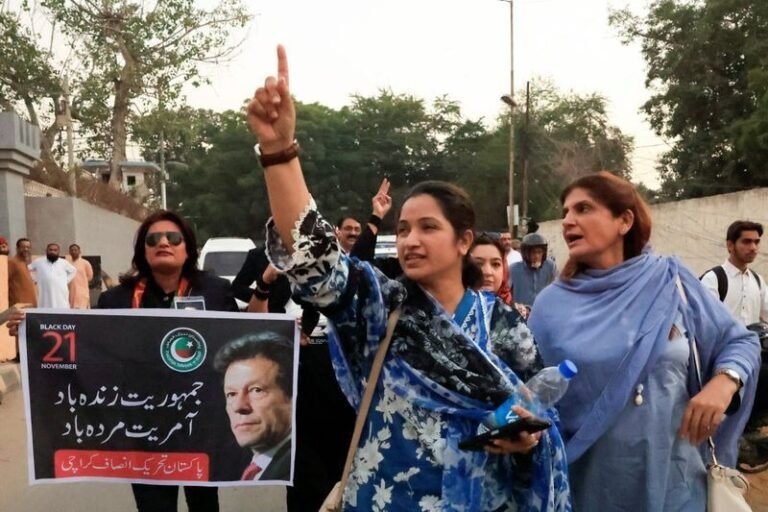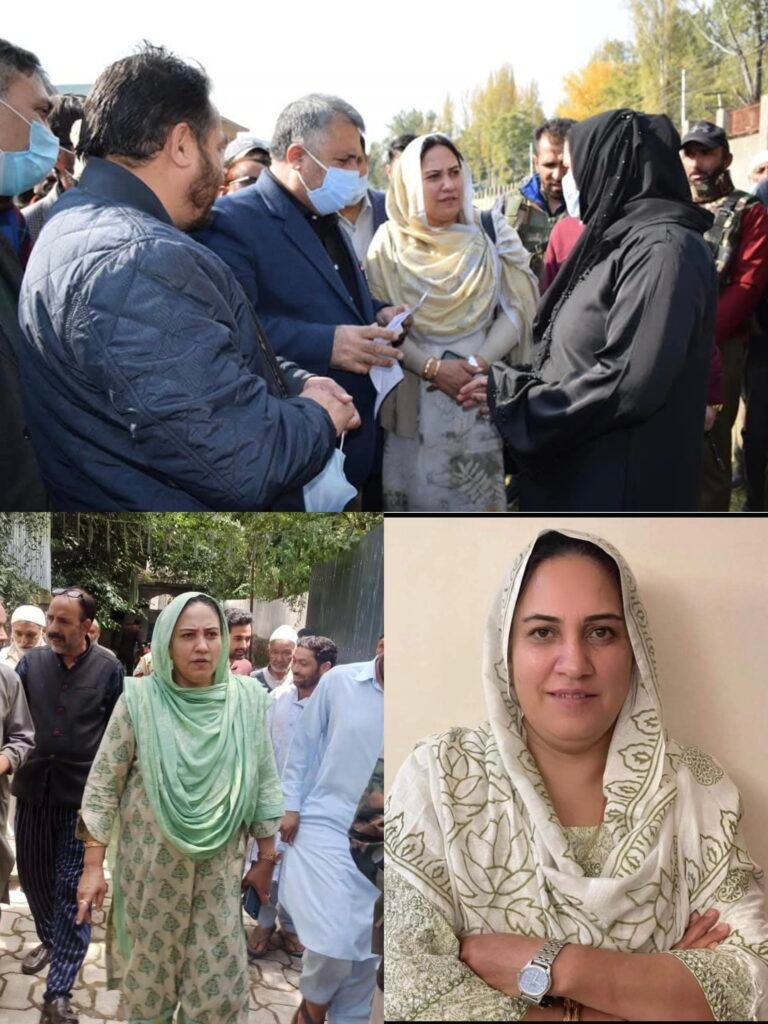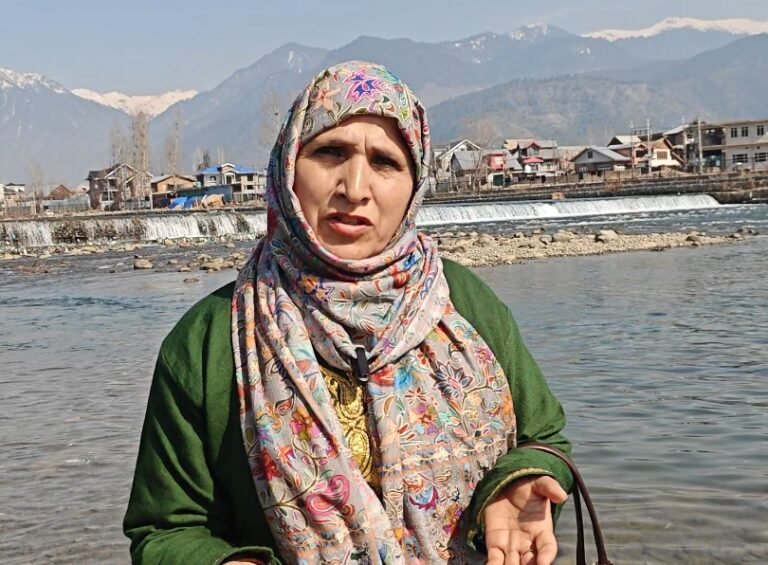
The former reality TV star’s pursuit of parenthood leads to yet another failed marriage

Rahul Mahajan, the well-known Indian television personality and son of late politician Pramod Mahajan, finds himself in the midst of yet another divorce. This time, the reason behind the dissolution of his third marriage is his unwavering desire to have a child at the age of 48.
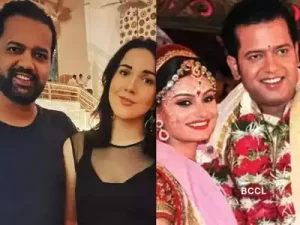 Mahajan, who gained fame through his appearances on reality TV shows, has been no stranger to controversy and public scrutiny. However, his latest marital breakdown has once again thrust him into the spotlight, raising questions about the complexities of starting a family later in life.
Mahajan, who gained fame through his appearances on reality TV shows, has been no stranger to controversy and public scrutiny. However, his latest marital breakdown has once again thrust him into the spotlight, raising questions about the complexities of starting a family later in life.
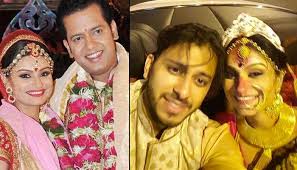 The 48-year-old Mahajan tied the knot with his now ex-wife, Shweta Singh, in 2018. The couple seemed to have a promising future ahead, but their differing views on parenthood ultimately led to irreconcilable differences. Mahajan’s strong desire to become a father clashed with Singh’s reluctance to embark on the journey of motherhood.
The 48-year-old Mahajan tied the knot with his now ex-wife, Shweta Singh, in 2018. The couple seemed to have a promising future ahead, but their differing views on parenthood ultimately led to irreconcilable differences. Mahajan’s strong desire to become a father clashed with Singh’s reluctance to embark on the journey of motherhood.
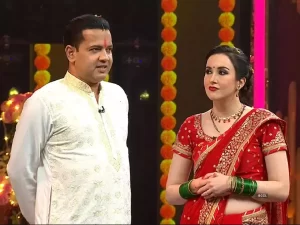 Sources close to the couple reveal that Mahajan’s longing for a child intensified over time, leading to increasing strain on their relationship. Despite attempts at counseling and mediation, the couple was unable to bridge the gap between their conflicting aspirations.
Sources close to the couple reveal that Mahajan’s longing for a child intensified over time, leading to increasing strain on their relationship. Despite attempts at counseling and mediation, the couple was unable to bridge the gap between their conflicting aspirations.
Mahajan’s previous marriages have also ended in divorce, with similar issues surrounding his desire for children being cited as contributing factors. His first marriage to Shweta Singh, which took place in 2006, ended in divorce after just three months. The couple cited compatibility issues and Mahajan’s alleged substance abuse problems as reasons for their split.
In 2010, Mahajan married his second wife, Dimpy Ganguly, on a reality TV show. However, their union was short-lived, and they divorced in 2015. Once again, Mahajan’s desire to start a family was a significant point of contention.
The case of Rahul Mahajan highlights the challenges faced by individuals who choose to pursue parenthood later in life. While advancements in reproductive technology have made it possible for older individuals to have children, it is crucial to consider the emotional and practical implications that come with such decisions.
Experts suggest that open and honest communication about expectations and desires surrounding parenthood is essential for any couple, regardless of age. It is crucial to address these issues before tying the knot to avoid potential conflicts down the line.
As Rahul Mahajan navigates yet another divorce, it remains to be seen how this latest setback will impact his personal and public life. The 48-year-old television personality continues to be a controversial figure, and his pursuit of fatherhood has once again left him at a crossroads.
In a society where societal norms and expectations often dictate the path to happiness, Mahajan’s story serves as a reminder that personal desires and aspirations should be carefully considered and communicated within the context of a relationship. Only then can couples hope to build a future that aligns with their individual needs and goals.
